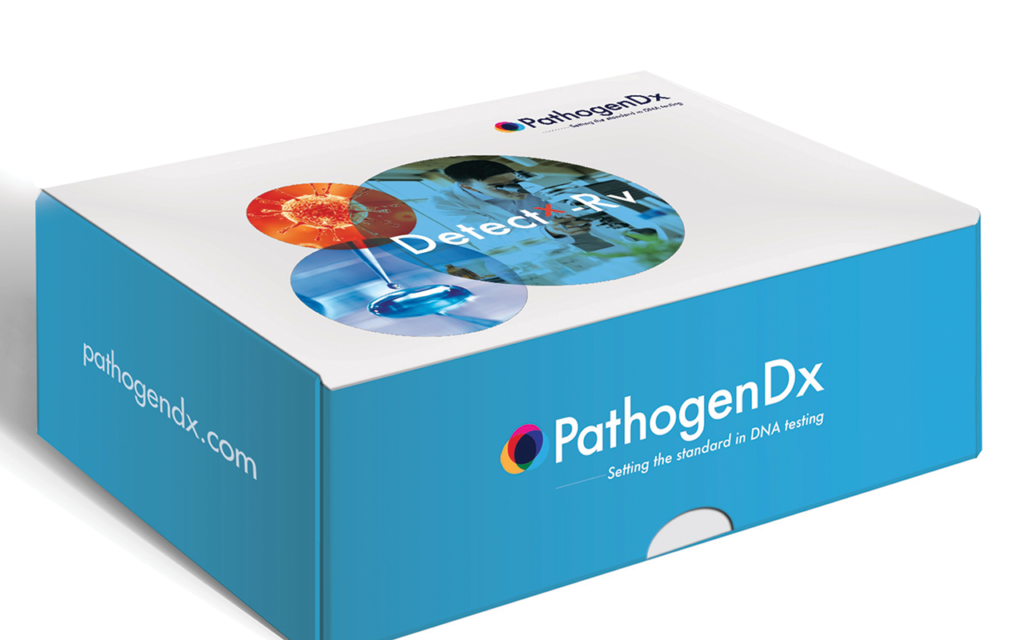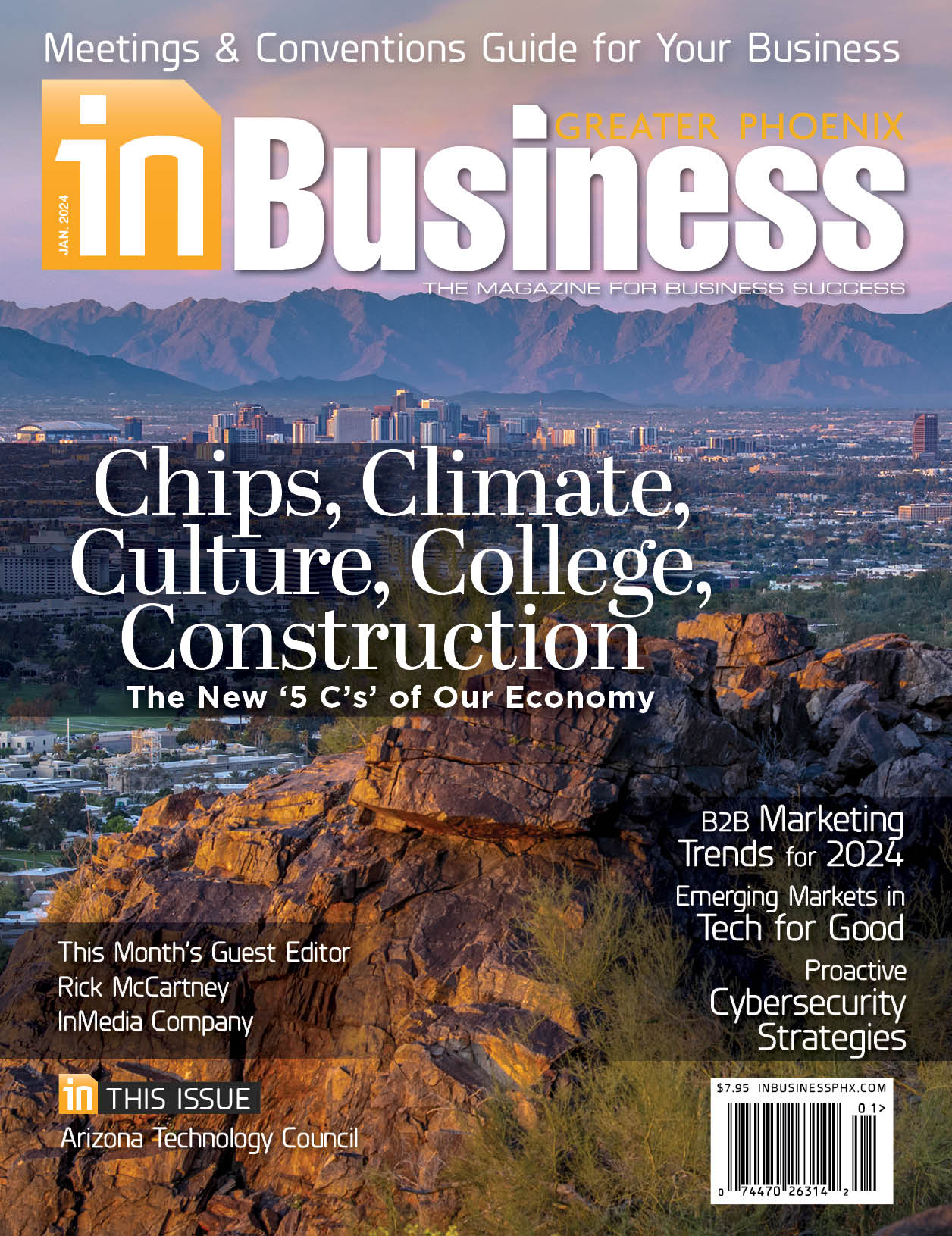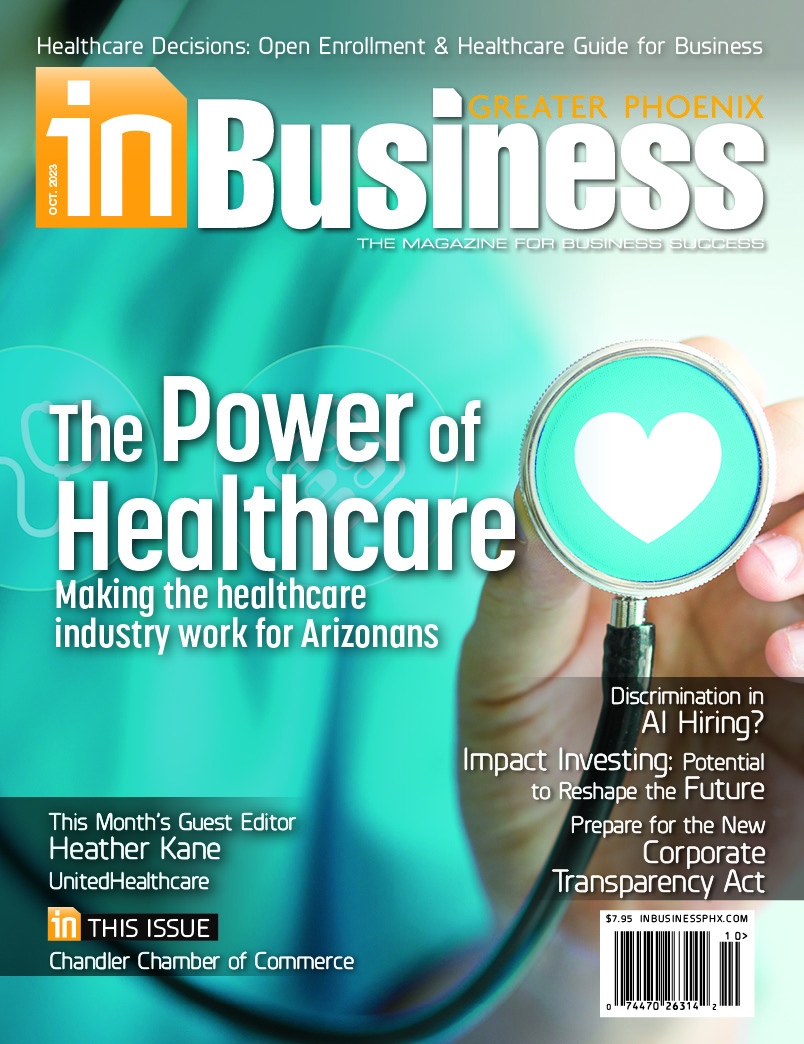
For all the focus on personal protection equipment, it isn’t the only weapon in the fight to keep healthcare workers safe. COVID-19 can remain stable for several hours to days in aerosols and on surfaces. To fully protect workers, environmental screening needs to be employed to detect COVID-19 in the air and on surfaces. If detected, rapid remediation technologies need to be used to remove the virus.
Screening is a powerful strategy that can reduce transmission and infection — yet it is seldom performed. More disturbing, hospitals, nursing homes and long-term care facilities themselves have no oversight or standard for monitoring their environments. At one time, hospitals did test surfaces, but in 1970 the CDC and the American Hospital Association advised against it, stating it was unnecessary and not cost effective. Since then, MRSA infections have increased 32-fold, and numerous studies have linked unclean hospital equipment and rooms to infections. The findings were presented before Congress, but the CDC defended itself by stating it relies on the State to create guidelines. Few states have, and those with policies often don’t enforce the rules.
With COVID-19, we cannot wait for government to mandate cleaner hospitals, nursing homes and long-term care facilities. Instead, healthcare leaders must do their part, implementing a careful and measured “search and destroy” policy for COVID-19 in the facilities housing our patients and the people caring for them.
The good news is that this technology exists today. In less than six hours, aerosol and surface swabs can test for COVID-19, Influenza A & B, MERS and Norovirus. These rapid tests are 12 times faster than older qPCR tests that took two to three days to detect viruses and were more expensive. Bioaerosol devices can sample air and rapidly test for the presence of infectious microbes, allowing health facilities to isolate and decontaminate positive areas.
Without guidance from the CDC, healthcare leaders must ensure the places that treat and house our loved ones remain places where people get better — not facilities that further threaten public safety. Advanced surface and environmental testing technology used in tandem with PPE can help everyone breathe easier and safer.
 Milan Patel is CEO and co-founder of PathogenDx, which has developed the new standard in DNA-based testing with its advanced microarray testing platform for the human diagnostics, health, food and agricultural industries.
Milan Patel is CEO and co-founder of PathogenDx, which has developed the new standard in DNA-based testing with its advanced microarray testing platform for the human diagnostics, health, food and agricultural industries.














Speak Your Mind
You must be logged in to post a comment.